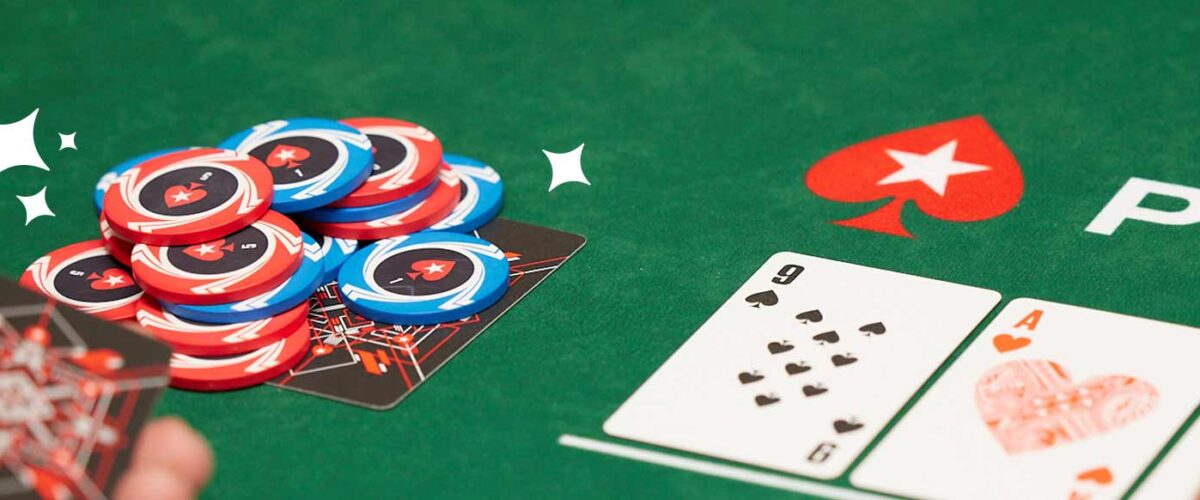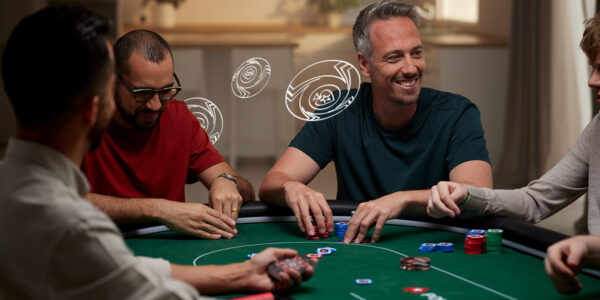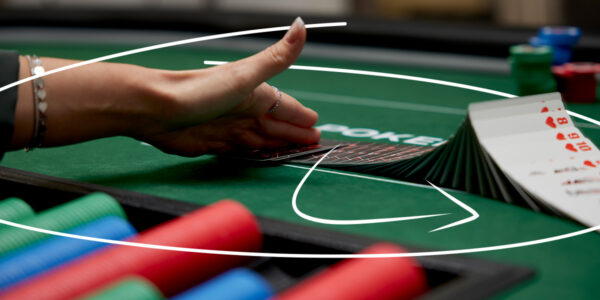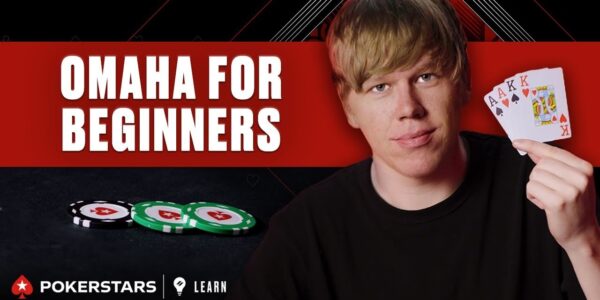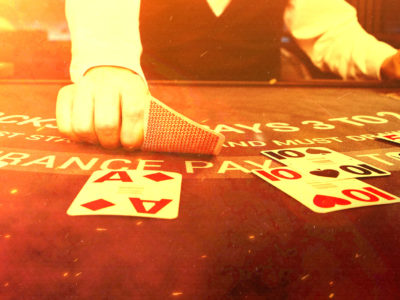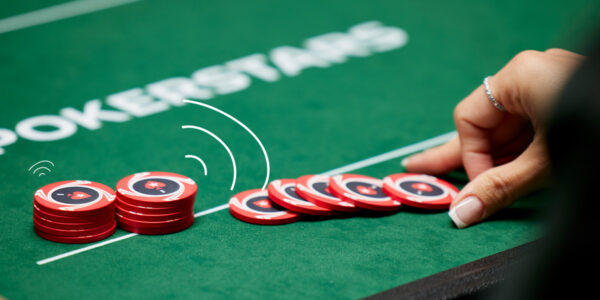5 Must-take Notes You Don’t Want to Miss
A lot of players are struggling to get to the next level, with many eager to take their game further with the help of concepts like GTO.
Although learning new concepts is a useful practise, it’s important not to forget that adjusting is one of the most important skills in poker that will make you successful.
In online poker, you’re playing against a lot of players making all kinds of mistakes and it’s tough to keep track of them solely through remembering their usernames. This is very different to a live poker environment, where remembering faces is significantly easier for most players.
Taking notes is extremely useful as they’re going to help you tune your game and maximize your winnings by exploiting opponents to the fullest extent. A lot of players don’t care about taking notes. It’s a colossal mistake. There’s a ton of information you can gather from your opponents which you absolutely cannot ignore.
In this article we’ll show you five quick and easy to spot behaviours that you’ll be glad you’re taking notes about.
Playing with too many hands preflop
The first thing you don’t want to miss is taking notes of when your opponents’ range is too loose preflop.
When you see someone calling your 15bb shove with 56s, you definitely need to write it down. The same goes for situations where someone calls a 3-bet or limp-calls with a weak hand. If you’re aware that you’re against a range that might be as wide as to consist of any two cards (or four if you’re playing PLO), it’ll help you quite a bit.
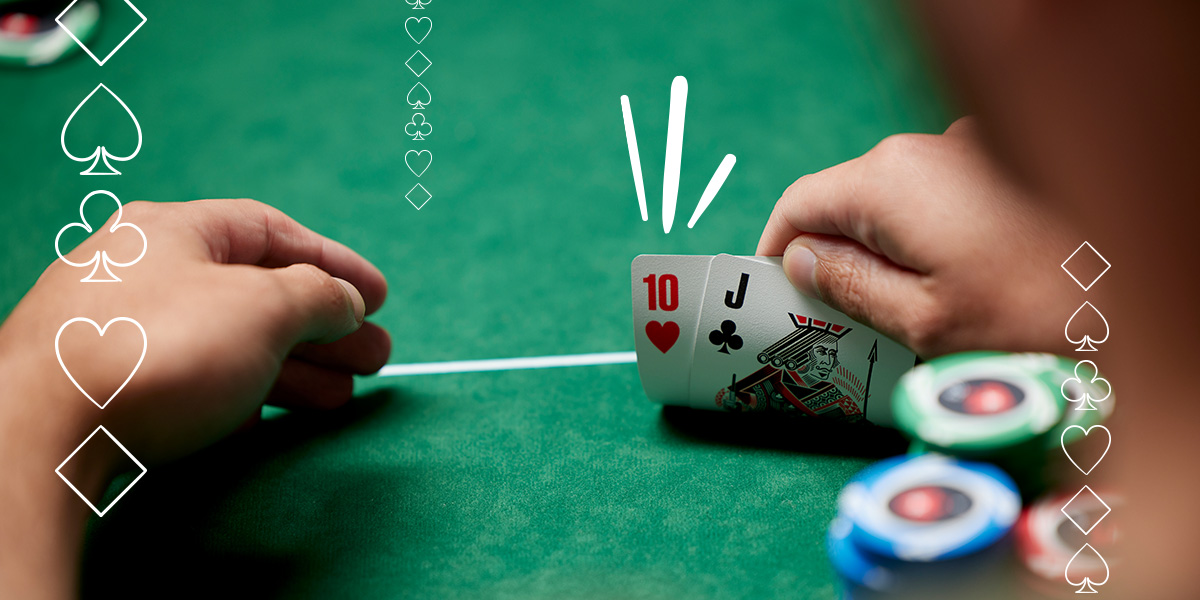
Bluff-raising postflop
When you’re facing a raise postflop, especially a check-raise, or perhaps a raise on later streets against multiple barrels from you or another player, it usually means that your opponent has a strong hand. However, that is not always the case.
While some players only raise postflop with very strong hands, some players like to play tricky, or perhaps they are extremely tilt prone enough to make irrational, nonsensical raises. You definitely want to take note of players who are capable of raising the weaker stuff – and it might be a good idea to also pay attention to the texture of the board they decided to do that on.
On dry flops like TT2 or 883, generally, you shouldn’t fear a check-raise. However, if your opponent does this on a wet board without any equity or very small amounts of it, it’s worth taking note.
Another thing to consider is the sizing they bluff against. You can expect more check-raise bluffs against a thin, smallish value bet, but if your opponent decides to pull the trigger against a big turn or river bet, it’s very important to remember for the future.
3-barreling with air
Similarly to raising postflop, betting three times should be considered a strong move as well. It’s likely your opponent won’t always have what they decide to represent, and if that’s the case and you catch someone 3-barreling with complete air, you always need to take note of it. Who knows, the next time you’re holding a mediocre hand and your opponent tries to get out of line, you’ll be ready to expose them.
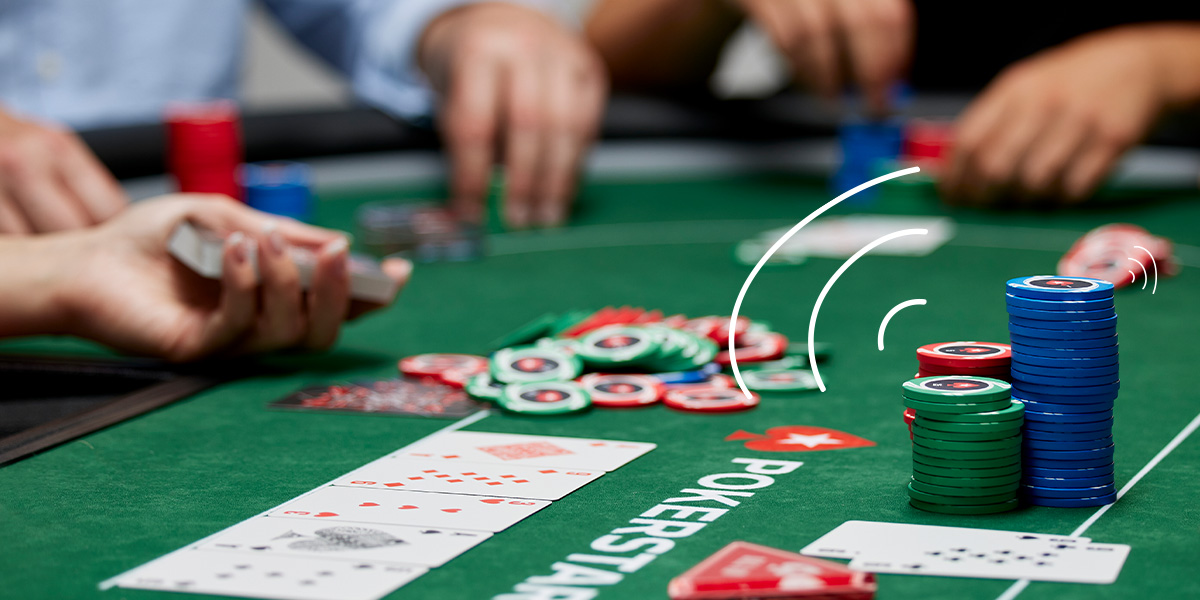
Calling off multiple barrels with weak hands
Let’s say after being the preflop aggressor you shoot 3-barrels on the 2♣ 3♥ 8♦ 10♠ K♥ board and your opponent calls with hands like a 2x or 3x. When you see someone calling multiple bets with weak hands you absolutely must pay attention, because long term, this is the sort of information that’ll make you big money.
On one hand, if you know that your opponent is sticky, you’ll simply reduce your multi-barrel bluffs, because they just won’t cut it in this case. On the other hand, this note will also help you increase the amount you win by making thin value bets against these players with hands that you probably check down with.
Calling without equity on flop
The drier the flop, the more you’re supposed to defend in certain situations. But when your opponent calls 75 on an ATT board on the flop, it does raise some eyebrows. If some opponents tend to be overwhelmingly sticky when it comes to handling continuation bets, you should definitely take note and adjust your strategy by either multibarreling in spots where it wouldn’t particularly make sense normally or just deciding to c-bet significantly less without tangible value.
View Other Blogs




